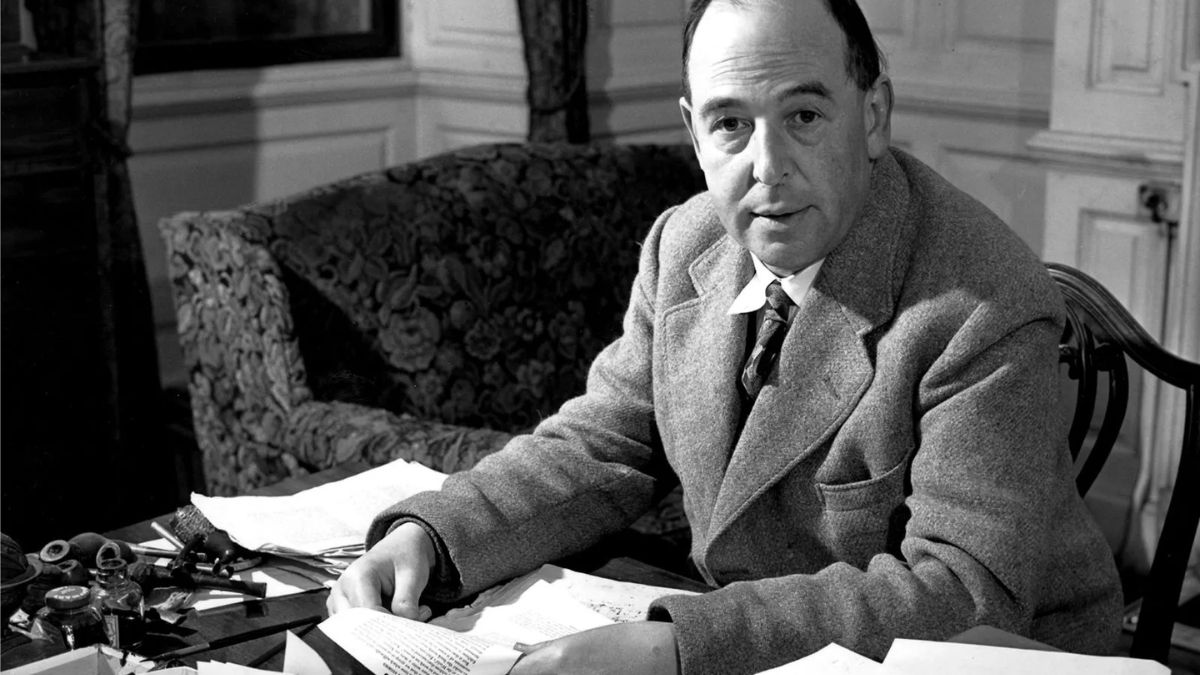

BreakPoint
God Is Deeper Still
Sue Stottmeister was jogging through a park in Rockville, Maryland a few weeks ago as she always did before picking up her children from school. But on this day she would not complete her run. Instead, the Sunday school teacher was attacked and brutally beaten. When police found her, she had been lying in the snow for five hours. She died on the way to the hospital, leaving a grieving family and a shaken community. Whenever something like this happens, people often wonder: Why does God allow evil to exist if he's able to stop it? It's a question that has caused many to doubt God's existence -- or his goodness, or his power. The problem of evil bothered journalist Lee Strobel so much that he researched and wrote a book to answer this and other hard questions about God. Strobel was an atheist when he decided to examine the historical evidence for and against the existence of God. His journey led to his conversion and a vibrant faith in Christ. But Lee still struggled with questions that seemed to have no logical answer -- such as why a loving God would allow someone to murder a devoted Christian mother like Sue Stottmeister. For the answer to the question of evil, Lee interviewed Christian philosopher Peter Kreeft of Boston College. Kreeft gave Strobel the traditional teaching regarding why evil is abroad in the world. Humans cannot enjoy both free will and a world free from sin. "Once God chose to create human beings with free will," Kreeft said, "it was up to them . . . as to whether there was sin or not." God created "the possibility of evil, but it was humans who actualized that potentiality." Kreeft then offered Strobel a second explanation for the reality of evil. He suggested that God might tolerate certain short-range evils in order to achieve long-range goods that humans cannot foresee. Imagine, he said, a bear in a trap, and a hunter who wants to liberate him. The hunter tries and fails to win the bear's confidence, so he has no choice but to shoot the bear full of tranquilizers. The terrified bear thinks the hunter is trying to kill him. He doesn't understand that the hunter is acting out of compassion. "I believe," Kreeft said, "God does the same thing to us sometimes, and we can't comprehend why he does it any more than the bear can understand the motivations of the hunter." We simply have to trust God. Finally, Kreeft concludes, people don't get away with evil acts, even though they may seem to. God will one day settle the accounts; evildoers will be punished for the suffering they've caused. In the meantime, we must remember that God weeps with those who weep -- that his own son was acquainted with sorrows and grief. And he will help us to bear the agony of the world's evil. I hope you'll read Lee Strobel's book, The Case for Faith. It will help you understand how God can meet our needs even in the midst of great suffering. As Corrie ten Boom wrote of her time in a Nazi concentration camp, "No matter how deep our darkness, [God] is deeper still." For further reference: Strobel, Lee. The Case for Faith. Grand Rapids, MI: Zondervan, 2000. ----- Touch the future of the Kingdom of God by making a commitment to a planned gift. Prison Fellowship has professional planned giving staff to help you be a good steward of the blessings God has given to you. Please call us toll-free at 1-877-PFM-GIVE, or email us at <give@pfm.org> for more information. -----
09/8/06















